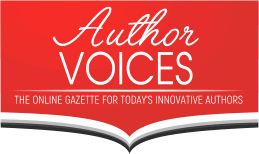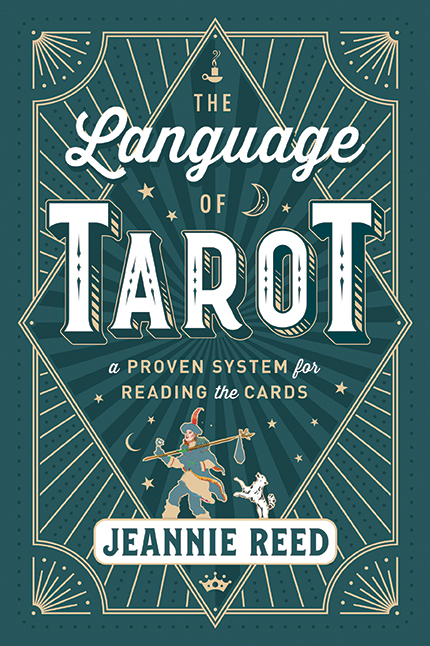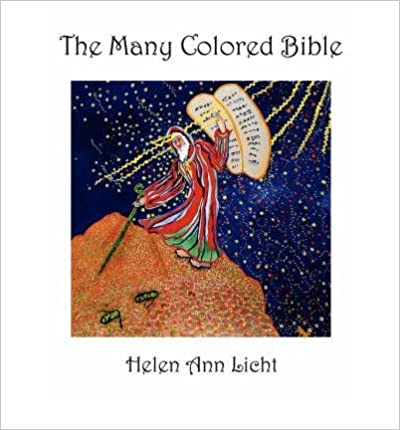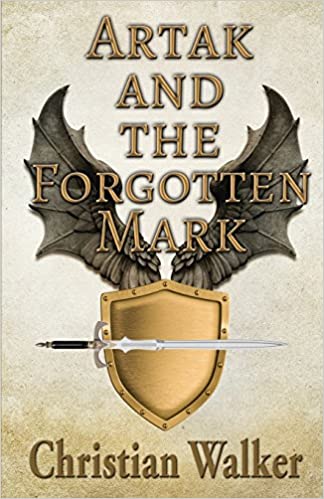Interview with Jeannie Reed
Author of The Language of Tarot
Where are you from originally and where do you reside now?
I was born in Fall River, Massachusetts and I grew up in Somerset, right across the Brightman Street Bridge. Somerset was and is a small town near the Massachusetts coast about 40 minutes’ drive southeast from Boston.
If you currently reside somewhere besides where you were born, what’s the story that lead from there to here?
I now live in Manhattan, in the Murray Hill section of the borough.
Between Somerset and NYC I made my home in Amherst, Massachusetts, North Hatfield, Mass., Hadley, Mass., Buckland, Mass. (on the Mohawk Trail). I moved to Manhattan from there, and I’ve been here ever since. During that time I married, got divorced, and worked as the Patient Accounts Manager at Cooley Dickinson Hospital in Northampton, Mass.
What made you decide to write and publish your first book?
My book, The Languge of Tarot, was born 25 years ago as a textbook for my students when I couldn’t find anything out there good enough and concise enough for them to use as a frame of reference for my work.
Notwithstanding the fact that along the way, to that point, I had invented a system of reading that is unique. Also, it can be taught, it can be learned, and it takes 90 percent of the guesswork out of a reading.
I’ve created a discipline that can’t be mastered overnight. It took me four years to master my own system! I read for a lot of people during that time but I never felt ready to be charging anybody. (As part of my tarot teaching, I stress ethics, I might add.)
How would you describe your books to first time readers?
My book is an attempt to teach prospective students and to inform everybody else. My dream is mainstream acceptance of the work we legitimate psychics do. At the very least, I dream of enabling people to be able to tell the difference between a crook and a fraud and the real thing.
My thinking is premised in modern physics and principles of Jungian psychology, as well as elements of parapsychology and plain old mysticism.
Who do you feel is most likely to connect with the topics you write about?
I’m hoping people from all walks of life and all cultural, social and educational backgrounds can relate to at least something important in the book.
So far, in just a few weeks, I’ve learned via author talks at NYC libraries that there is a big thirst out there for discussion of this kind of thing . . . and very little water.
What unexpected or surprising thing did you learn during the process of writing and publishing?
I learned that I could write the same book three times and each time believe I’d made it better.
I learned (not so surprising) that true publishing companies are like a well-oiled machine.
Mine, Llewellyn, is just that.
If you could, what advice would you give to past self yourself before embarking on this journey?
Just let things happen.
Don’t try to force seeds to grow. It doesn’t work!
Don’t try to change other people.
Go to psychotherapy sooner rather than later . . . you really need to know what makes you (me) tick.
Be open.
Be not afraid.
How many people would you ideally like to reach with your books?
As many as my work and ideas will resonate with their own thinking and inclinations.
What has been the biggest challenge and frustration during the process to date?
FINDING AN AGENT!
I was so lucky a woman named Annie Wilder read my query (pitch) and realized how revolutionary is the work I’ve been doing for over three decades.
In turn, at Llewellyn a very smart cookie named Barbara Moore saw the same thing and recommended that LLewellyn buy and publish the book.
Nothing in life happens until it’s time. I guess now is the time for my work to be out there.
What’s your biggest strengths when it comes to book a) writing, b) publishing and c) marketing?
I don’t seem to have a problem just talking on the page. I’m blessed to have a lot of innovative ideas and the ability to convey them to people at all levels of the population.
Publishing? As I said, reaching the right person (agent) at the right time.
Marketing? Well, this interview is part of that process . . . and you found me!
What’s your biggest weakness when it comes to book a) writing, b) publishing and c) marketing?
Weakness?
If I didn’t know my material, if I couldn’t string two words together, if I couldn’t make myself clear to the reader . . . well those would be huge weaknesses.
I don’t mean to come across as arrogant, but I can do all those things. I am blessed.
I did have an inspiration: using Godaddy I created a site to talk about me and the book;
thelanguageoftarot.com
I’ve been able to refer a lot of people there. (I got the idea from Hollywood. Movie companies do this all the time: (nameofmovie.com)
When do you think you will you write your next book?
I have already written the next book, and an agent is trying to find a publisher open to what is so far (but not for long) a niche market:
The title is Life After Death After Life.
It’s designed as both a reference book on spiritualism and mediumship and a memoir:
I have had in the past three years some amazing things going on in my life. Stunning really. Spirits seeking me out and IDENTIFYING THEMSELVES.
I have no idea where this particular journey is headed, nor why I am the beneficiary of their “friendship,” but there it is.
Are you self published or did you use a hybrid publisher, or a traditional publisher?
I would never self-publish.
For one thing, I have almost no social media presence, so how would I make it known a book were available someplace?
For another thing, a traditional, strong publisher has a marketing reach that is way beyond my own poor powers to connect with the widest possible audience.
FEATURED AUTHORS
Worrying if I was telling too many secrets Leaving out so much.
Keep Reading »Writing is an arduous task even when one has all ideas clear in the read more
Keep Reading »Write the book, start marketing (letting people know of it) before you finish.
Keep Reading »










